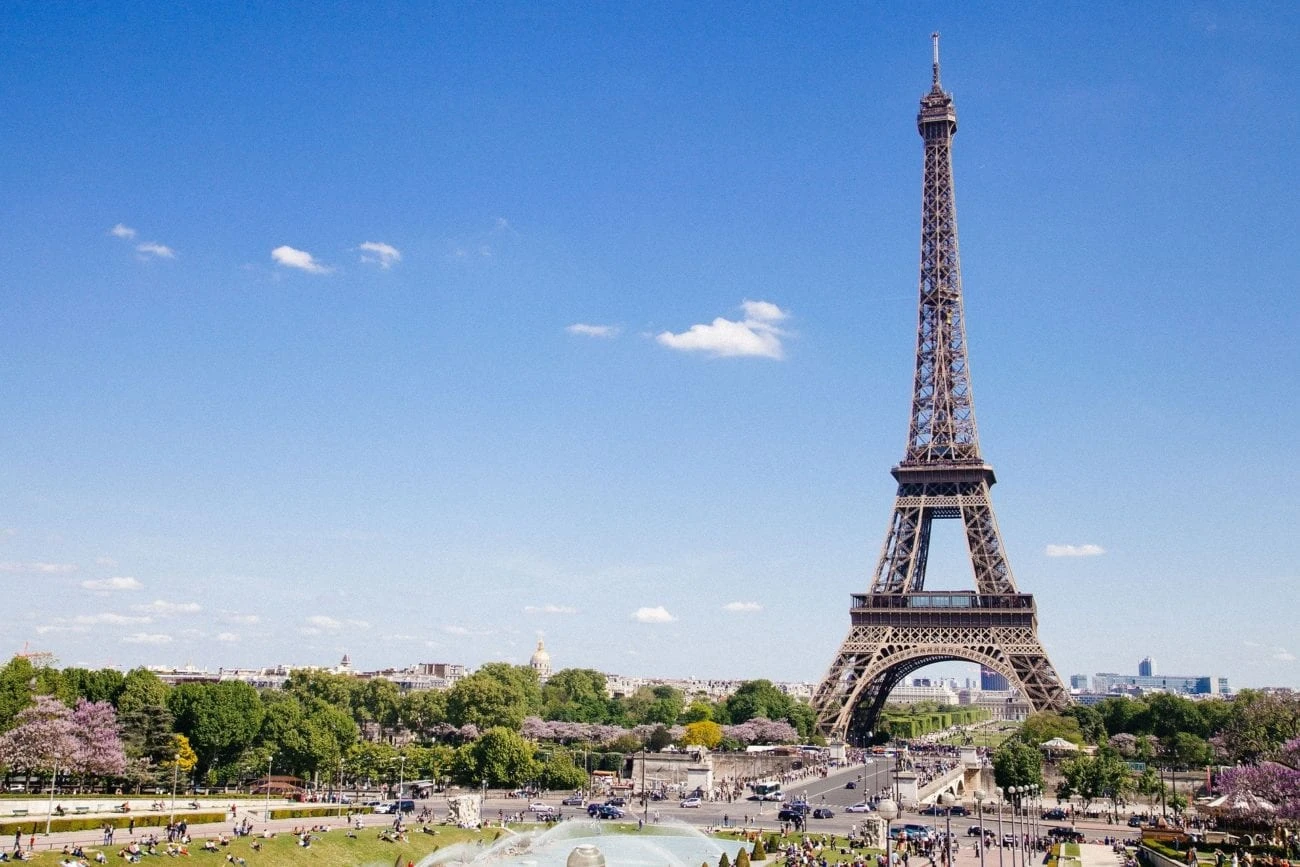French operators pledge to cut number of ads during World Cup

The World Cup is set to take place in Qatar from 20 November to 18 December.
The charters aim to regulate and moderate advertising during the World Cup and govern television, radio, billboard and digital advertising. They were created as a result of September 2021 public consultation into an “oversaturation” of gambling advertising in France during the Euro 2020 Championship.
The consultation spawned a two-part plan, wherein the focus was put upon releasing guidelines for commercial content and reducing the amount of advertising.
The four charters consist of two existing ones that have been revised, which focus on television and radio. Prior to the revision, operators could broadcast four gambling advertisements per ad break. The charter has now reduced this to three.
A new display charter has been introduced. Upon signing up to this, the operators and advertisers agreed to not advertise gambling near schools and addiction care centres and will reduce advertising heavily at train and metro stations.
Instead, ANJ-backed responsible gambling advertising will appear in place of many existing ads.
The final charter is the responsible digital advertising agreement, which applies to all operators in France and all members of the Digital Alliance. It will allow better control of how operators advertise on social networks, websites and apps, as well as how influencers and ambassadors are used.
This also includes the responsibility to not advertise gambling directly to minors and those who are considered vulnerable.
“Following Euro 2020, the ANJ initiated an ambitious action plan to moderate the content of advertisements for gambling and the advertising pressure to which audiences are exposed,” said Isabelle Falque-Pierrotin, president of the ANJ. “A few days before the start of the World Cup, the signing of these charters in a spirit of co-regulation is a strong signal from all the players concerned to promote responsible advertising.
“The period ahead of us is crucial because it will allow everyone to verify that advertising in the gambling sector has changed and that the commitments made are respected.”
